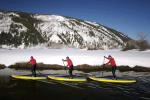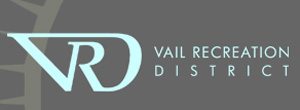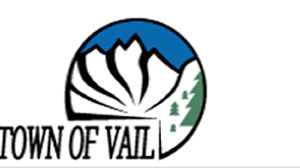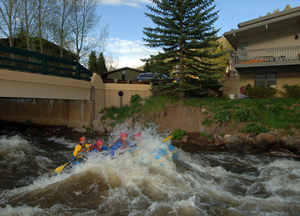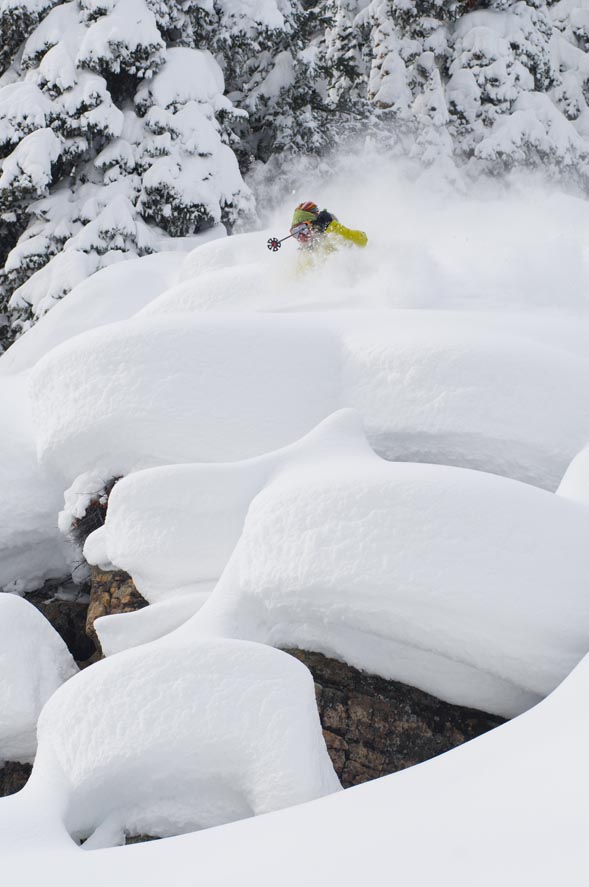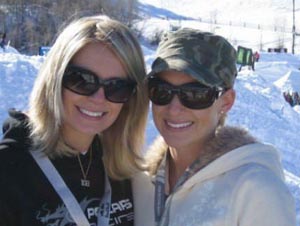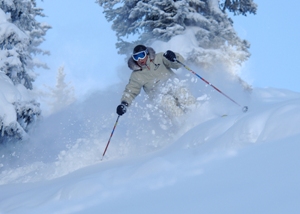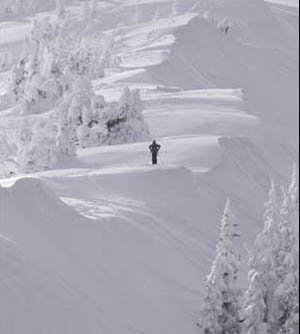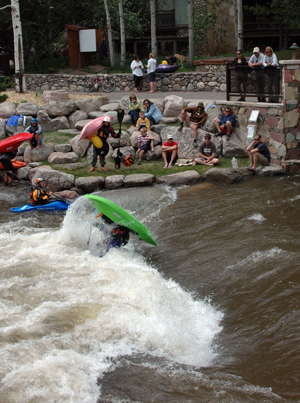
Photo by Stevie Wall/Special to realvail.com
NYT series on deteriorating water quality hits home in Colorado's high country
September 14, 2009 —
Some of the startling numbers in a New York Times series on water pollution that kicked off Saturday raise the question of why Colorado lawmakers are even bothering to bring certain aspects of natural-gas drilling under the federal regulation of the Safe Drinking Water Act.
According to the Times series, “Toxic Waters: A series about the worsening pollution in American water and regulators’ response,” the feds in the last five years have largely allowed industry and others to contaminate water supplies with impunity, and states are even less effective in policing polluters.
The exhaustive Times report details more than 506,000 violations of the Clean Water Act since 2004 by more than 23,000 companies and other facilities, including 2,122 in Colorado (see handy interactive map for a violation near you). Between 2004 and 2007, the Times reports, violations increased by 16 percent, but less than 3 percent resulted in fines of other punishments.
Top violators in Colorado? Lightner Creek Mobile Home Park in Durango (22 violations) and King Mountain Ranch near Granby (17). But there are plenty of energy companies, including coalbed methane facilities, on the Colorado list. Locally, the biggest violator was the town of Red Cliff (four violations), which for years has been struggling with its antiquated water system and is now getting some help from federal stimulus dollars.
Most of the Times introductory story on Saturday dealt with coal mining and production in West Virginia, but in Colorado the recent debate on water quality and energy production has raged around a natural-gas production process called hydraulic fracturing, which injects water, sand and chemicals deep into the ground to force gas out of tight subterranean formations (see related story in Real Biz).
Federal legislation called the FRAC Act has been introduced by U.S. Reps. Diana DeGette and Jared Polis to remove a Safe Drinking Water Act exemption for the practice granted by Congress during the Bush administration. Garfield County commissioners have been asked to take a stance on the bill because the area is home to so much gas production and numerous cases of alleged contamination of water wells, and because a new EPA study in Wyoming may have found a connection between fracking and well-water contamination near Pavillion.
Thirty-nine states provided information requested by the New York Times as part of its series on Clean Water Act violations called “Toxic Waters: A series about the worsening pollution in American water and regulators’ response.” Colorado wasn’t one of them.
Instead, here’s what Ann Hause of the Colorado Department of Public Health and Environment reportedly told the Times when asked to provide information or verify the Times’s reporting on Colorado’s enforcement, or lack thereof, of the Clean Water Act:
“We cannot verify the accuracy of this data because we cannot duplicate the ECHO query or survey used to generate this data. Also, the time period in question and the criteria used for specifying compliance are not stated. With respect to the remaining questions, as they are fairly resource-intensive, the Department is not able to provide answers within any predictable time frame.”
Colorado Ethics Watch, a nonprofit political watchdog group, found that response woefully inadequate and now plans to file its own Colorado Open Records Act request.
“This is an unacceptable response. How can the Department not know whether or not it is enforcing the Clean Water Act? And more importantly, how are Coloradoans supposed to know whether the Department is adequately protecting them from environmental harms?” said Ethics Watch director Chantell Taylor. “Taxpayers deserve prompt, accurate information on such important matters of public safety and we intend to follow up with the Department to see if we can get just that.”
The Times report finds water-pollution enforcement was especially bad during the energy-friendly years of the most recent Bush administration.
“For the last eight years, my hands have been tied,” an anonymous EPA official tells the Times. “We were told to take our clean water and clean air cases, put them in a box, and lock it shut. Everyone knew polluters were getting away with murder. But these polluters are some of the biggest campaign contributors in town, so no one really cared if they were dumping poisons into streams.”
The previous three EPA chiefs, not surprisingly, would not comment for the Times piece. When the exemption for hydraulic fracturing – a practice perfected by Haliburton – was granted in 2005, part of the justification was an EPA study on the practice that found no problems and later was deemed inadequate and politically motivated by several scientists, including an EPA whistleblower.
Obama administration EPA chief Lisa Jackson told the Times she intends to step up enforcement, but the agency also hedged, issuing a statement saying the Times reporting doesn’t distinguish between significant and minor violation and that as a result “conclusions may present an unduly alarming picture.”
![]() Comment on "NYT series on deteriorating water quality hits home in Colorado's high country" using the form below
Comment on "NYT series on deteriorating water quality hits home in Colorado's high country" using the form below





